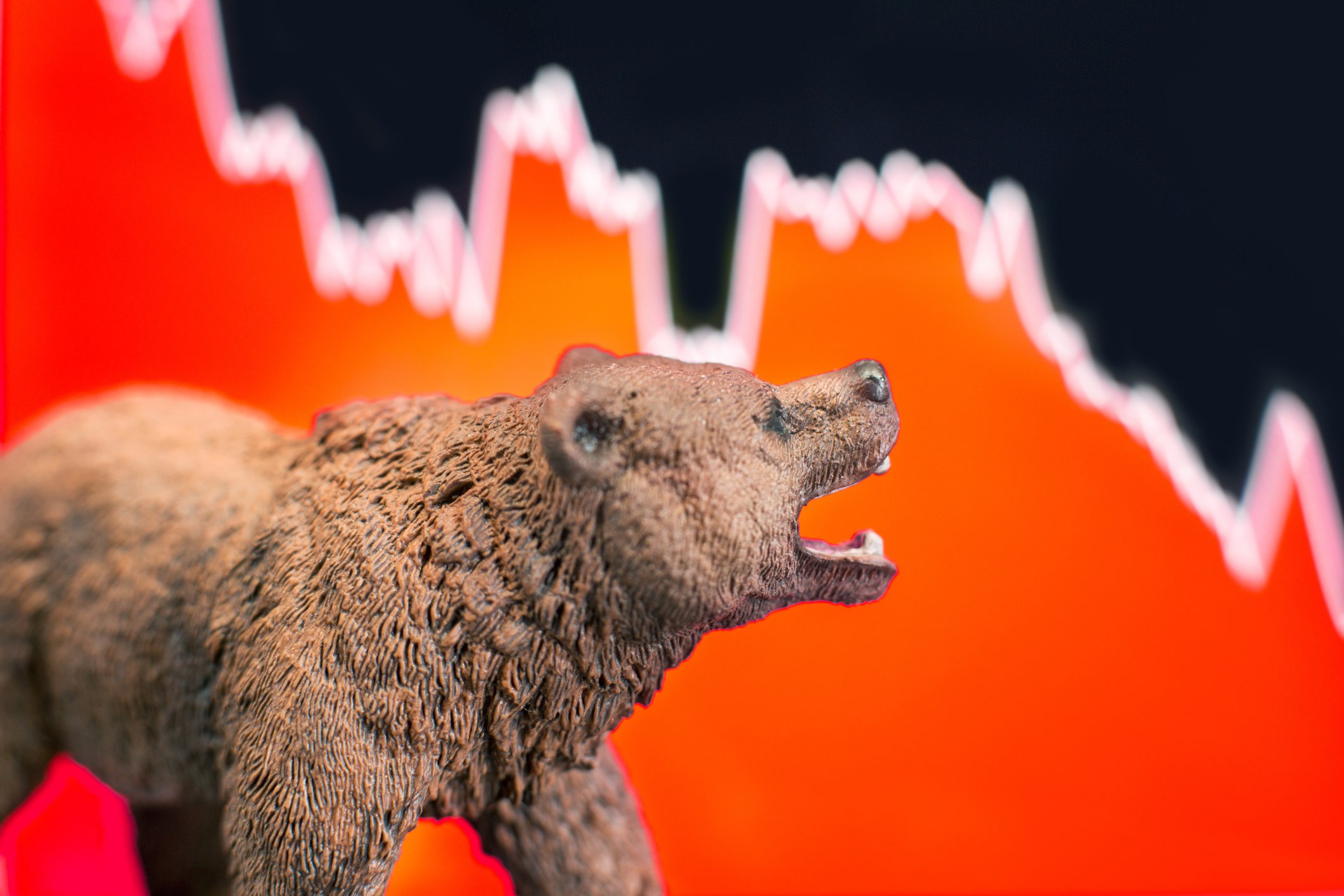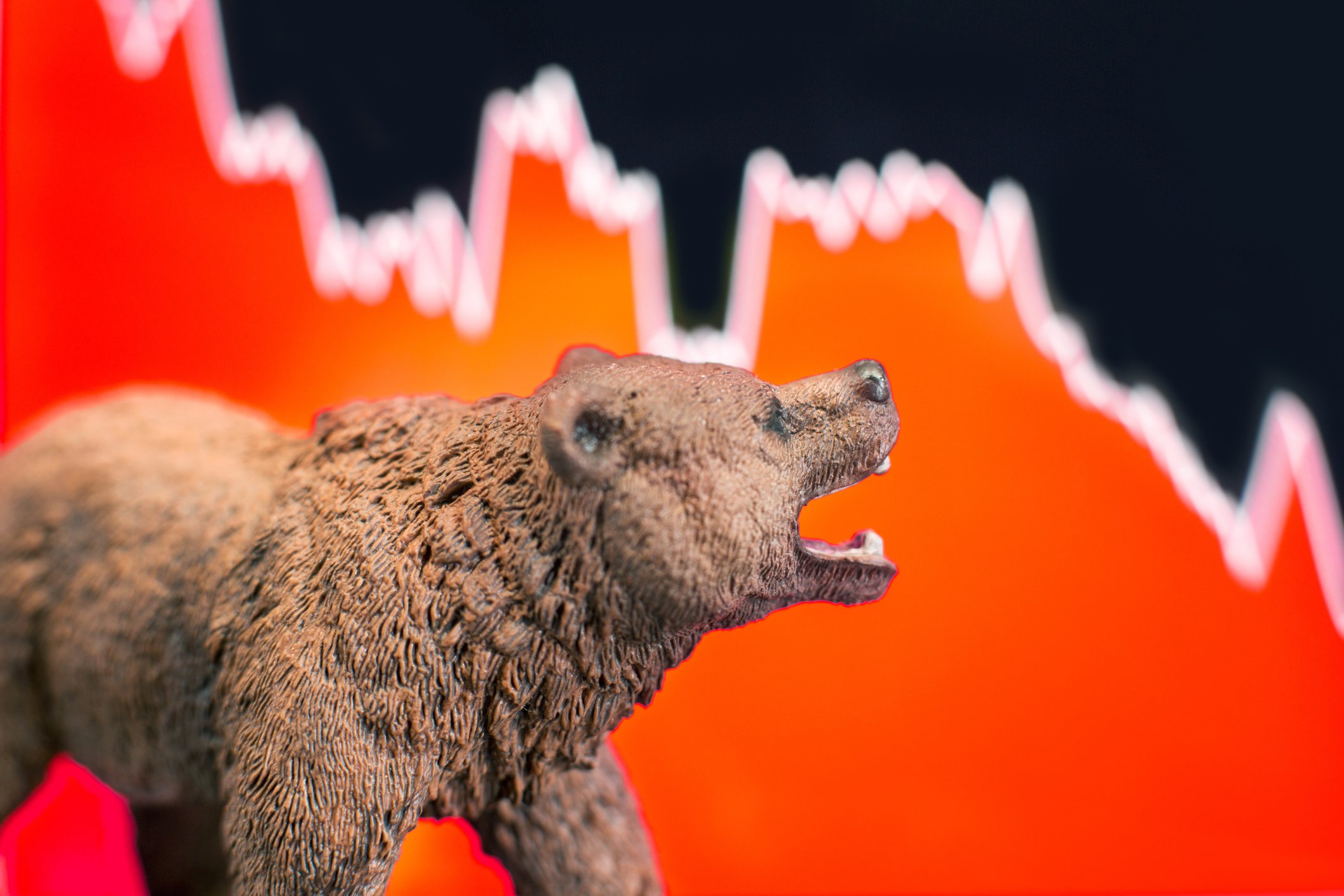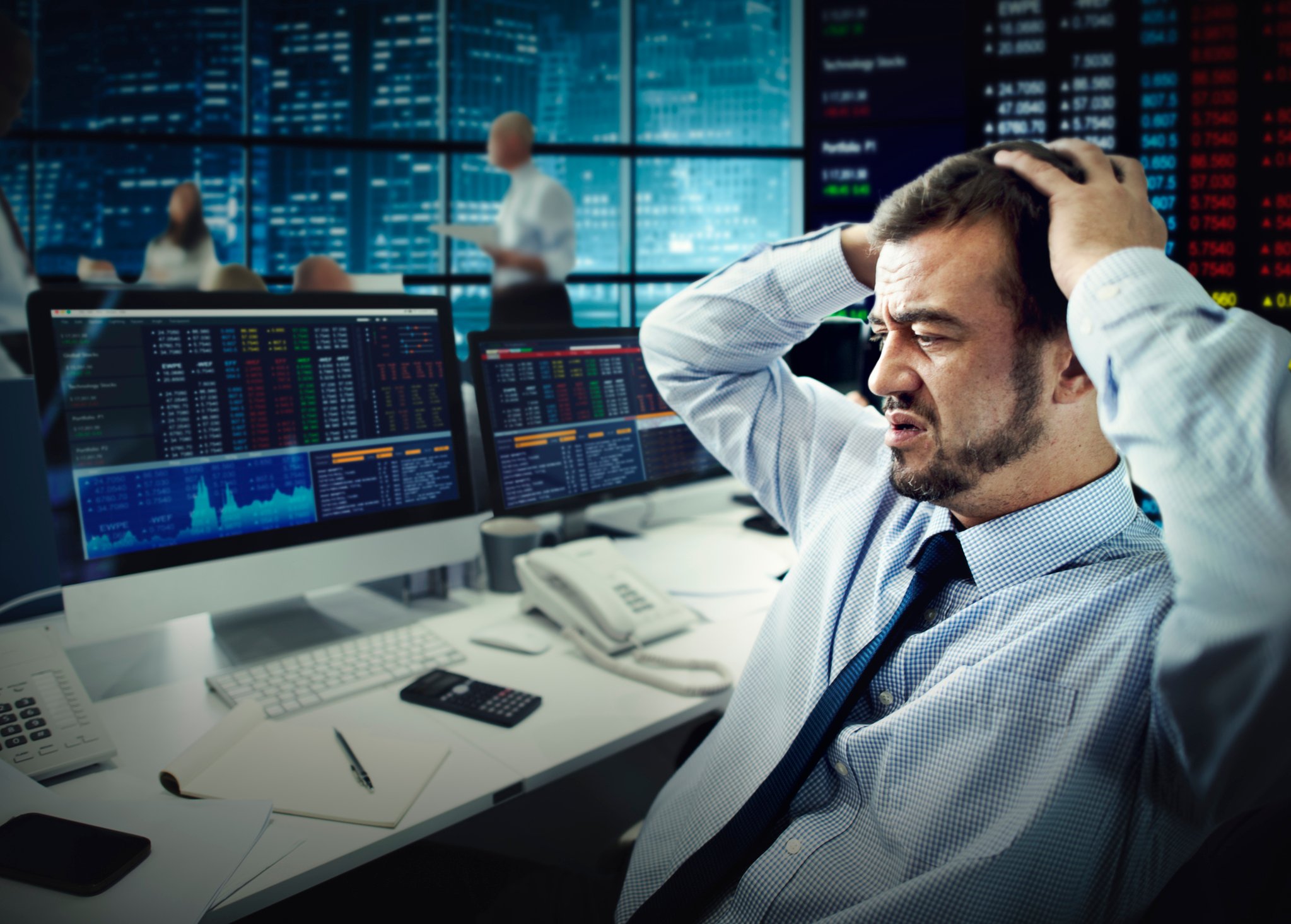Jeremy Grantham is one of the most notable "top-down" value investors. He looks for irrationally priced stocks (high or low) and then makes his investment choices. He's famous for calling tops and bottoms, having warned about Japanese stocks in the 1980s and Internet stocks in the late 1990s, and he called the housing bubble as it unfolded during the financial crisis.
Grantham's investment philosophy is built on the idea of mean reversion, that financial assets can be too expensive or too cheap at any given moment, but will always go back to average. This concept is at the core of the investment decision making of his firm, GMO.
Here are some of his best insights into investing.
1. On risk and rewards
You don't get rewarded for taking risk; you get rewarded for buying cheap assets. And if the assets you bought got pushed up in price simply because they were risky, then you are not going to be rewarded for taking a risk; you are going to be punished for it.
If markets are efficient, returns should be correlated with risk. More risk should result in bigger returns.
Like many contrarian investors, Grantham inverts this thinking. The best returns don't come from taking the biggest risks, but from buying the cheapest assets -- whether they are stocks, bonds, farmland, or something else. The less you pay for a stream of earnings, the higher your return will be over time.
For what it's worth, studies have proven this to be true. A recent Eyquem study of U.S. stocks found that low-priced stocks (determined by low price-to-earnings ratios) outperformed the most expensive stocks. From 1951 to 2013, the cheapest decile of stocks resulted in compounded annual returns of 16.7%, compared to 9.3% for the most expensive decile of stocks.
2. On irrationality and mean reversion
The market is gloriously inefficient and wanders far from fair price but eventually, after breaking your heart and your patience (and, for professionals, those of their clients too), it will go back to fair value. Your task is to survive until that happens.
Grantham isn't a buy-and-hold investor. Far from it. In fact, he's not afraid to hold his clients' assets in cash. In 1998 and 1999, Grantham was selling American stocks, fearing prices were simply too high. Eventually, valuations would have to revert to the mean.
He later reported losing 40% of his clients as he sold stocks near the peak of the market. After years of rising prices, investors weren't on board with an investment manager who was selling. This was one of the biggest bull runs in history, and no one wanted to miss out on a stock market that was reaching new highs day after day. Of course, his investors would have been much better off to stick with him; the S&P 500 Index peaked in 2000, the dot-com bubble burst shortly thereafter, and a new high wouldn't be made until 2007.
The point here is that there is nothing wrong with waiting. Think of Warren Buffett's baseball analogy about there being no called strikes in investing. You can wait at the plate for a fat pitch to come. Perhaps the worst thing you can do as an investor is pile in or out of an investment for the simple fear of falling behind.
3. On doing what everyone else is doing
The central truth of the investment business is that investment behavior is driven by career risk. In the professional investment business we are all agents, managing other peoples' money. The prime directive, as Keynes knew so well, is first and last to keep your job. To do this, he explained that you must never, ever be wrong on your own. To prevent this calamity, professional investors pay ruthless attention to what other investors in general are doing. The great majority "go with the flow," either completely or partially. This creates herding, or momentum, which drives prices far above or far below fair price.
Most managers fear making bold calls. Rather, they do what everyone else is doing, because no one gets fired for being average.
You can see how this might be problematic. During the Internet bubble, money-losing companies with no future were getting billion-dollar valuations. Fund managers were buying companies at excessive prices because they feared missing out or deviating from the performance of their peers.
The single biggest advantage individual investors have is that their results are reported to no one. You don't have to match the market's return every year. You won't be fired as a portfolio manager for losing 5% in a year in which the market returns 2%. Your performance won't be judged quarterly, but over many years.
Unlike a professional manager, you can afford to hold a temporary loser for a winning outcome in the long haul. This is a huge advantage for any number of reasons -- minimizing taxes and transaction costs, for example -- so use it!






